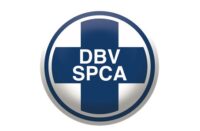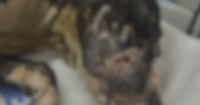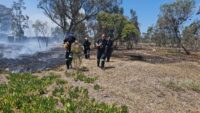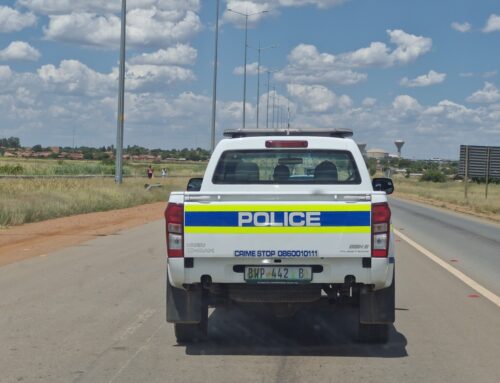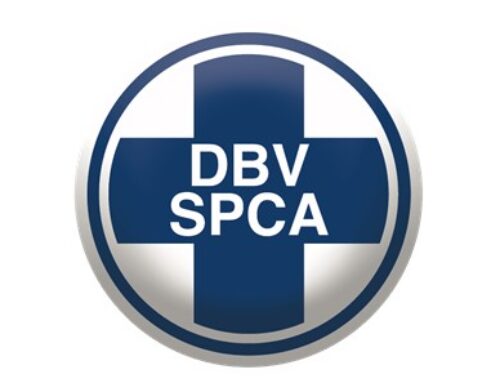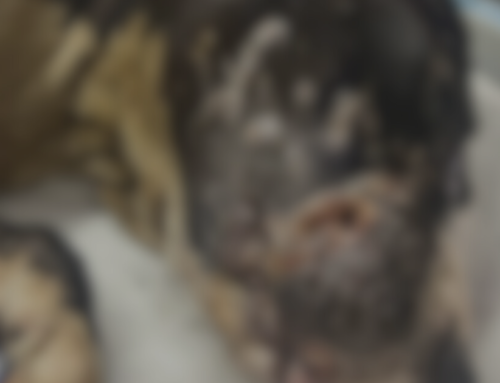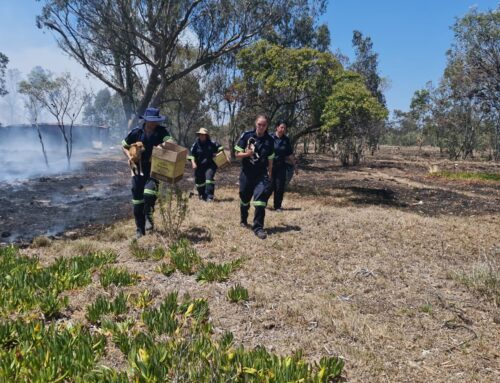The National Council of SPCAs (NSPCA) is amazed by the statement made by the Red Meat Producers Organisation (RPO) regarding their sudden change in position when it comes to live animal export by sea.
In a statement issued on 21 July 2020 by the RPO, it has extended its support of the trade as long as it is ethically undertaken – ethics and live export go together like chalk and cheese. Live animal export by sea is a trade that is inherently unethical given the undeniable and unavoidable animal suffering that takes place on board these ships.
The RPO have referred to the application of OIE standards and that the government, as the “regulatory authority” should oversee these – but these standards were created for countries around the globe, many of which do not have any animal welfare legislation, these standards simply do not belong in a country like South Africa where animals are constitutionally recognised as sentient beings and there is strong animal protection legislation – legislation that supersedes standards in any event. Furthermore, in our opinion, the government is not capable of enforcing the Animals Protection Act No 71 of 1962, nor would they be impartial.
It is surprising that the RPO have suddenly gone against the decision made by them, and other members of the Livestock Welfare Coordinating Committee (LWCC). In 2012, and later revised in 2019, the LWCC, which the RPO is an active member of, adopted the position to oppose the live animal export by sea – the RPO have now changed their position and have done so on the basis of biased documentation provided by Al Mawashi and KLTT, the Kuwaiti export company, that obviously have high stakes in this operation.
We find it ludicrous that two veterinarians of the Red Meat Industry Forum (RMIF), who inspected the feedlot and an empty ship, can come to the conclusion that sheep should be loaded “as soon as possible”, especially in light of the fact that August is the hottest month in the year in the Middle East – suffering on these ships is exacerbated during the Northern Hemisphere summers.
The Muslim Judicial Council Halaal Trust (MJCHT) issued a press statement reiterating its concern for the welfare of animals, stating that the South African government “could not provide the necessary safety conditions for the animals on sea-vessels”. The MJCHT do not justify the suffering of animals for religious slaughter, in fact, they have stated that animals that are not transported in good physical condition cannot be considered Halaal for slaughter and have agreed that animals should rather be Halaal slaughtered in South Africa.
Read MJCHT’s statement here.
The South African Veterinary Association (SAVA) recognises animals as sentient beings that are capable of experiencing both positive and negative states, SAVA therefore does not support live export of animal by sea for the purposes of slaughter upon arrival when humane alternatives are available. This is in line with veterinary bodies around the world.
The RPO and Agri SA, in our opinion, are regressive while others are becoming more informed – it is apparent, in our opinion, that the RPO and Agri SA are disregarding the cruelty entrenched in this business for profit margins, they are simply apathetic to the welfare of these animals and they should be judged in the court of public opinion. Let the campaign begin.
The NSPCA is opposed to the live export of animals by sea.
FAQ
Q: Why did the NSPCA not attend the inspection of the empty vessel?
A: The NSPCA has already been on board this vessel when there were animals already on it – this is a better indicator of welfare concerns than an empty vessel will ever be able to reveal. Furthermore, there are reports historically of disasters that have happened on this specific vessel and the countless animal welfare concerns are documented.
The NSPCA’s legal representatives requested that Al Mawashi and KLTT show the NSPCA the improvements that have been made prior to the inspection – this was not provided.
If you are as passionate about animals and their well-being as we are, consider supporting our causes by donating.
Latest News Posts
Will You Be the One Who Takes Action?
Most people will scroll past this. But will you be the one who stands up for animals?
Animal welfare isn’t always in the spotlight, but it changes lives – for every neglected, abused, or suffering animal we help. Our teams work tirelessly, often behind the scenes, ensuring animals across South Africa are protected.
This work is relentless. The challenges are immense. But with more hands, hearts, and resources, we can do even more.
The equation is simple: the more supporters we have, the greater our reach, the stronger our impact.
Be part of the change. Become an NSPCA Project Partner today. From just R50 per month, you can help ensure that no animal suffers in silence.

